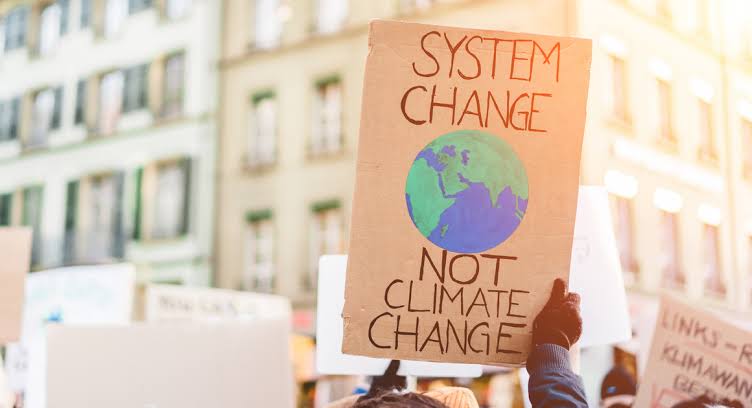As the people’s expectations from the government diminishes, organizers from the U.K. are working on a new math-based approach to democracy
People being unsatisfied with the government is nothing new. But the recent years have hit an all time high. In a 2018 Pew Research Center Survey of more than 10,000 Americans, 75 percent said that trust in the federal government is shrinking. When they were asked who they trusted to “act in the best interests of the public,” the majority stated that they had more confidence in scientists and the military, and the least in elected officials. Brett Hennig, who is an advocate for alternate ways of conducting democracy, says he can understand why.
How society can be built using an algorithm

Hennig, who had a Ph.D. in astrophysics spoke about “citizens’ assemblies,” which is something he believes that can offer a better way in creating policies that align with people’s real interests – which can be made simpler using an algorithm.
His explanation was: since society is made up of people who are rich, poor, old, young, and mainly everything in between, governing policies should be made by involving a group that represents these characteristics. However, since many citizens lack proper knowledge about the issues that a country faces, assemblies should be held where these citizens can consult experts to “reduce the effect of biases, misleading information and ignorance” while learning about the issues. Afterwards, they can work to create policies that can be considered by policy makers.
https://www.instagram.com/p/B6OQg09nUca/?utm_source=ig_web_copy_link
A survey was conducted, which was mainly about climate change, but most of the people who participated selected areas such as “not very concerned” or “not at all concerned”, and it faced a lot of opposition saying the people don’t bother to read long reports and instead rely on mainstream media.
The conclusion was that, “Once you’ve got a diverse group of people representing society together in a roomz you don’t want all of the climate skeptics to end up on the same table and talk to nobody else.”
(Cover: Jorge Villalba/ Getty)

